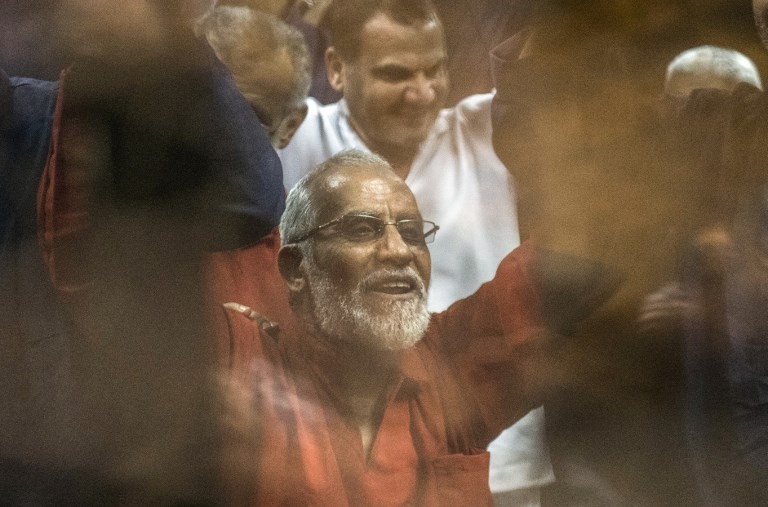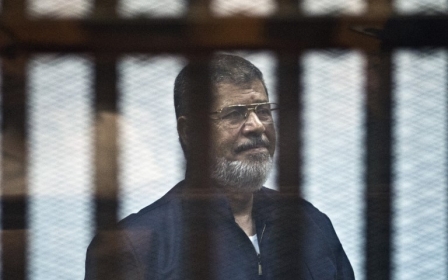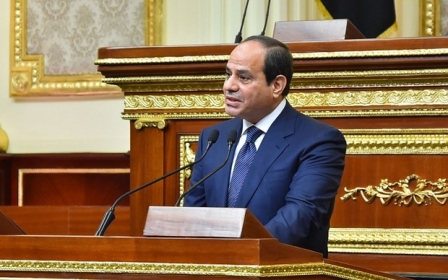Egypt acquits Muslim Brotherhood leaders of violence charges for first time

The most senior leader of the Muslim Brotherhood in Egypt, Mohamed Badie, has been found not guilty on violence charges for the first time since his arrest in 2013, the official news agency MENA reported on Thursday.
The Giza Criminal Court acquitted Badie and eight others, including Brotherhood leaders Mohamed el-Beltagy and Essam el-Erian, of “gathering with the intention of murder and sabotage” in the aftermath of the 2013 coup against president Mohamed Morsi, who hails from the Brotherhood.
The case, known in Egyptian media as the "Istiqamah Mosque events", dates back to 22 July 2013, when anti-coup protests in front of the mosque led to the death of nine people. On 30 August 2014, the Giza court sentenced eight defendants to life imprisonment and six others to death in absentia.
Thursday’s verdict was the first acquittal for Badie since 2013. However, he is still facing a death penalty and three life sentences in separate cases, on charges of jailbreak and espionage.
Beltagy, a former parliamentarian and Brotherhood activist, was acquitted of murder charges last month in a separate case.
Translation: “Beltagy is the top trending hashtag in Egypt following his acquittal today”
Egyptian general-turned-president Abdel Fattah el-Sisi has led a relentless crackdown against the Brotherhood and other pro-democracy activists since July 2013.
Sisi won a second term in April last year, running virtually unchallenged in presidential elections after all candidates - except one, who publicly supported him - were arrested or discredited.
Sisi’s second and last term in office ends in 2022, but an Egyptian court is currently reviewing a lawsuit demanding constitutional amendments that would extend his term. The lawsuit was opposed by more than a thousand Egyptian public figures and politicians, who dismissed it as an attempt to perpetuate the 64-year-old’s rule.
International rights groups have estimated that there are at least 60,000 political prisoners in Egyptian jails since Sisi became president in 2014.
The crackdown has targeted both Islamist and secular pro-democracy groups, many of which have been outlawed or shutdown as the government has imposed a virtual ban on independent civil society work.
According to the government-appointed National Council for Human Rights, Egyptian prisons are operating at 160 percent of their capacity.
In an interview with US network CBS News last week, Sisi said Egypt has no political prisoners, a claim that was dismissed as "laughable" by Human Rights Watch.
New MEE newsletter: Jerusalem Dispatch
Sign up to get the latest insights and analysis on Israel-Palestine, alongside Turkey Unpacked and other MEE newsletters
Middle East Eye delivers independent and unrivalled coverage and analysis of the Middle East, North Africa and beyond. To learn more about republishing this content and the associated fees, please fill out this form. More about MEE can be found here.




